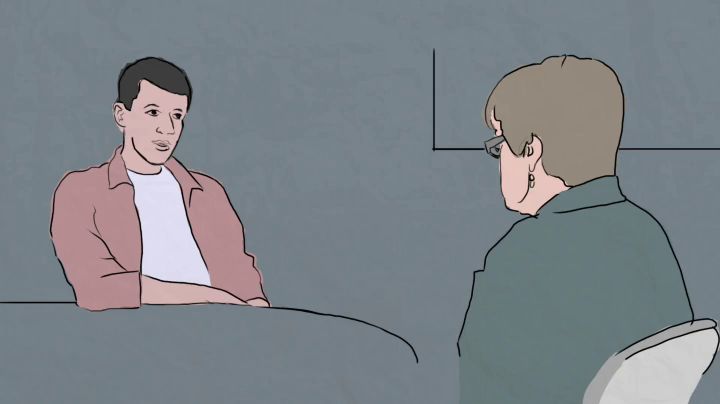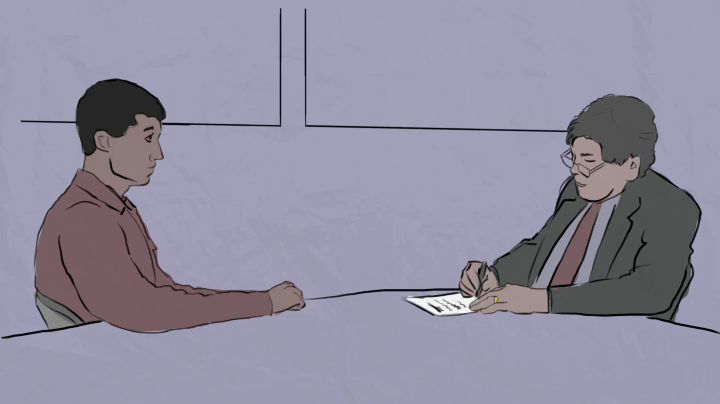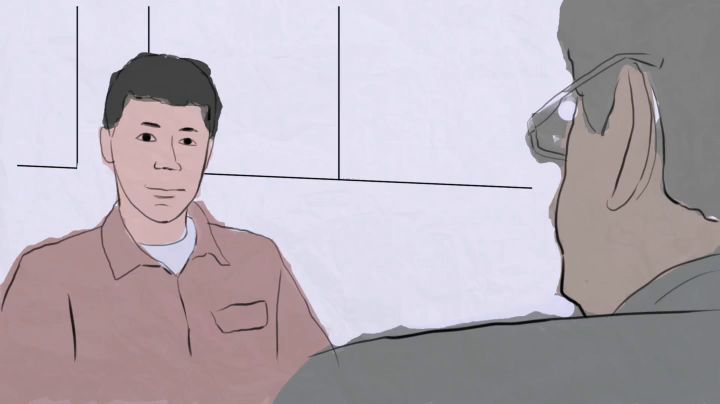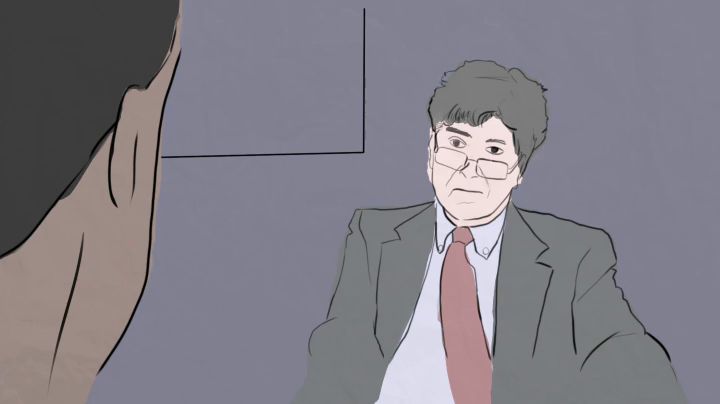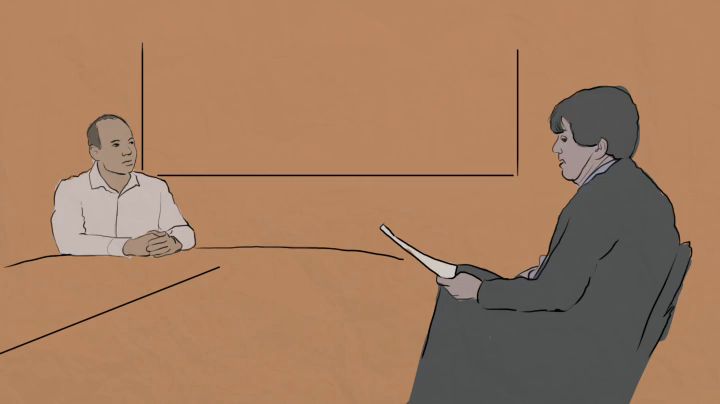This is an e-Learning course on telling a potential employer about your criminal record.
By the end of it you will understand:
- The advantages and disadvantages of disclosing a criminal record
- Your legal rights regarding criminal background checks
- Tips and techniques on how to effectively disclose a criminal record




